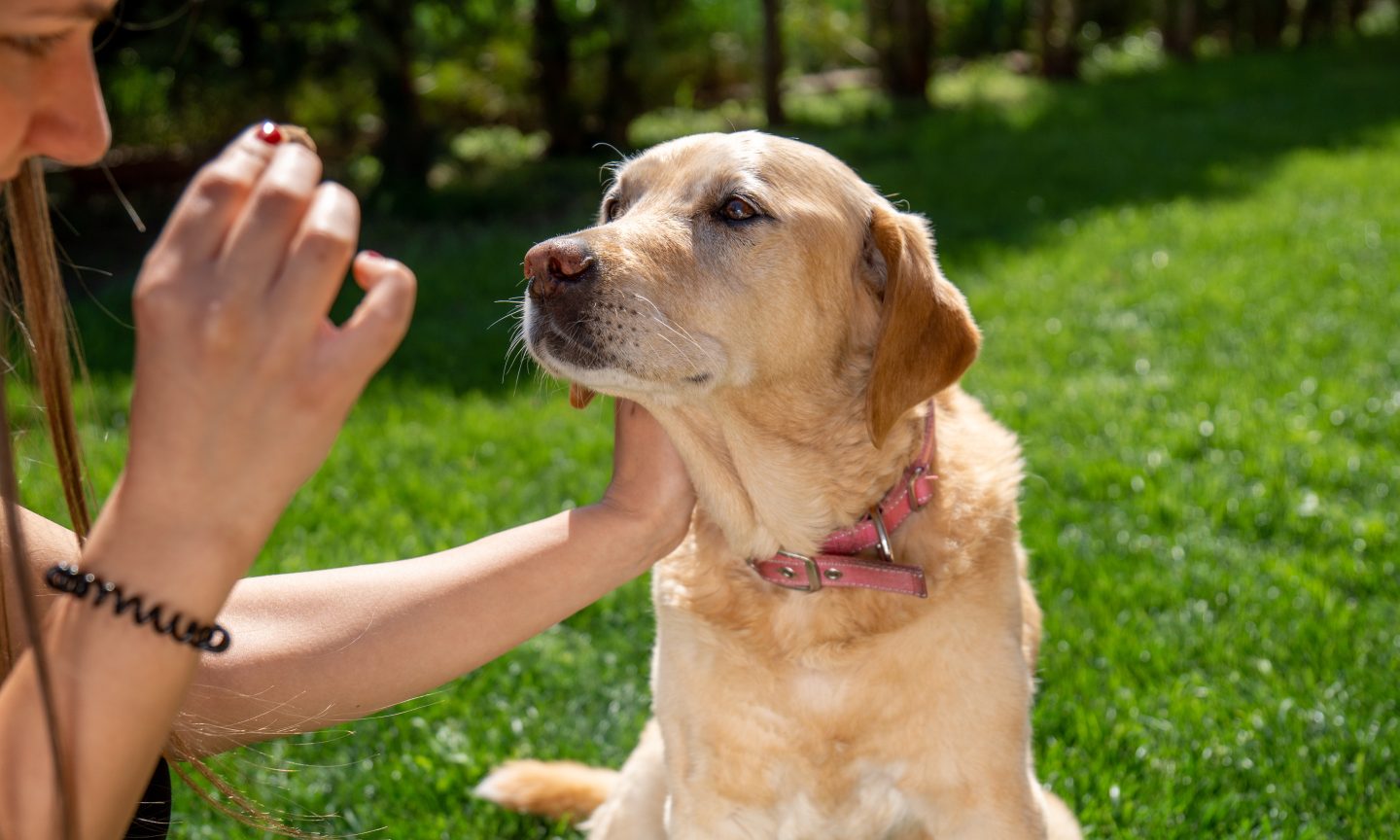Apache is functioning normally
The holidays are upon us, and our thoughts turn to shopping, eating and decorating. But safety is never far from our minds. Keeping the holidays fun and safe takes a little prepping and planning. Here are eight holiday safety tips to keep you and yours healthy and safe as you head into the jolliest of seasons.
1. Avoid delivery dramas
The holidays are prime time for thieves. The USPS delivers more than 28 million packages per day for the 10 days before Christmas. Here are a few holiday safety tips to keep your packages secure:
- Install a safety camera or video doorbell
- If there’s not one in your building, talk with your landlord or property manager about creating a dedicated package room with a door
- Get to know your neighbors as a lot of folks are working remotely. They could keep an eye out for deliveries.
- Add delivery instructions to packages such as leaving them in a spot where no one will notice them
Employ one or more of these tactics to keep your holiday goodies safe and out of the hands of would-be thieves.
2. Don’t fan the flames
Candles and fireplaces are romantic but can also become problems if you don’t take precautions. Keep children and pets away from burning candles and lit fires and always remember to snuff out candles before going to bed. If you do have little ones, consider using battery-operated candles and flameless tea lights for that warm glow.
If you want to make a fire, ensure your fireplace flue is open and keep the damper open until the fire is out. Clear away any flammable clutter — books, magazines, draperies, furniture — before lighting the fire. Keep a screen in front of the fireplace at all times. Make sure the fire is completely out before you go to bed or leave the house.
While the risk of fire attributed to Christmas trees is small — about 160 fires (out of roughly 358,500 home fires) according to the National Fire Protection Association (NFPA) — it’s still something you should consider. Most of those fires involve real trees, which is why many apartment buildings do not allow tenants to use living trees for the holiday (check your lease agreement or with your property manager or landlord before dragging home a tree from the local scouts).
Keep your Christmas tree at least three feet from fireplaces, radiators and other heat sources. Make sure you keep up with the watering. There’s nothing worse than stepping with your bare feet on dry, spiky needles — except those dry, spiky needles catching on fire.
Unplug the lights if you leave the house and before you go to sleep. If you purchase an artificial tree, make sure it has a fire-retardant label. And if you have a metallic tree, never decorate it with electric lights. If the lights are faulty, the tree can become charged and anyone touching it could be electrocuted.
And this might be the biggest holiday safety tip of them all: Once the holidays are over, don’t wait too long to take down your tree and lights. Not only will it be safer, but it will make your neighbors happy.
3. Tame your travel troubles
If you’re heading out of town for the holidays, there’s a lot to think about beyond directions for getting over the river and through the woods.
Make sure your car has a roadside emergency kit that includes items such as blankets, a first aid kit, a tool kit, a small shovel, a flashlight and extra batteries. Keep a few gallons of water on hand.
Holiday gatherings are what the holidays are all about, and they often involve alcohol. Seems like this holiday safety tip should be a no-brainer, but, always name a designated driver or take an Uber, Lyft or taxi home.
We’re still facing the effects of the pandemic. When you stop at roadside facilities, wear masks and avoid crowds. The CDC still recommends staying at least six feet from people who are not traveling with you. Wash your hands often.
4. Ditch your decorating dilemmas
From fires to choking to cuts and poisoning, decorating your home for the holidays is a minefield of potential hazards.
That box of old decorations may no longer be safe: broken lights and wires are an electrical hazard; older tinsel might be lead-based; aging angel hair is abrasive to your skin. And breathing in spray-on artificial snow can cause everything from a headache and nausea to difficulty walking and heart palpitations.
Read the labels for proper use of these products or update your box of decorations with some newer products that have safety labels from an independent testing laboratory.
Take extra precautions if there will be children around. To you it’s a decoration, but to them, the colorful baubles look like candy. Keep trimmings out of reach and avoid those that are easily breakable or sharp.
And take care when decorating. Remember that chairs are not ladders. There are about 200 decorating-related injuries every holiday season — usually involving a fall.
5. Lose lighting liabilities
With its tangle of wires, peering into your holiday decorating box is like looking into a snake pit. The U.S. Consumer Product Safety Commission suggests you check light strings for broken bulbs, frayed wires, cracked sockets and loose connections. Replace damaged ones and don’t use more than three standard-size sets of lights for each extension cord. Keep “bubbling” lights away from children. These lights have a chemical that’s hazardous if ingested.
Here’s a simple holiday safety tip for your lights: If you’re hanging lights outside, make sure they’re securely fastened to the house, trees or walls to protect them from wind damage.
6. Set shopping safeguards
Don’t forget that thieves also have holiday wish lists, and they don’t go on vacation between Christmas and New Year. (Although they are less active on Thanksgiving.) You don’t want to make it easy for them, so keep these holiday safety tips in mind when you’re shopping.
If you’re out with your car, park in a well-lit area and stow any purchases in the trunk. Pay attention to your surroundings. Thieves often troll parking lots and wait for the right moment — like after you’ve unloaded your packages and you head back into the mall. Be sure to lock your car and don’t leave your fob behind.
Use electronic payments as much as possible, and don’t carry around too much cash. Check your bank statements regularly to make sure your purchases and only your purchases are accurately recorded.
If you’re shopping online, be alert for scams. Make sure you’re on a reputable site before you hand over your credit card number. (And, if you can, use a credit card that’s designated for your online purchases.) This holiday safety tip should be followed all year round: When you get emails announcing great deals, don’t click on any links. Check out sites separately and never through an unsolicited email.
7. Cut out cooking calamities
Cooking fires top the list of residential fires, and according to the Consumer Product Safety Commission, three times the average number of daily cooking fires occur on Thanksgiving Day (about 1,700 each year). For fire safety, always have a fire extinguisher on hand and use it to smother flames (don’t use flour or water). Remember to turn pot handles toward the back of the stove, and don’t wear loose clothing while you cook.
Frying turkeys has become increasingly popular at holiday time. The NFPA reports that these deep fryers cause an average of five deaths, 60 injuries and more than $15 million in property damage each year. If you use one, don’t leave it unattended and don’t overfill it. Wear safety goggles, closed-toed shoes and use the fryer outdoors, making sure it’s far from flammable materials.
Practice good food safety. Wash your hands often, separate raw meat from produce, cook all meat to the right temperature and refrigerate leftovers within two hours of serving.
8. Consider holiday safety tips for pets
The holidays are exciting but dangerous for pets. They love shiny objects. Lots of guests “accidentally” share food with them. Beware of the following, especially:
- Tinsel: It’s not poisonous, but if your dog or cat eats it, the tinsel can get stuck in their teeth or stomach. It may cut or bunch up in their intestines. If you think your pet had a tousle with tinsel, get your pet to the vet’s office right away.
- Toxic foods: Chocolate, grapes, raisins, currants and macadamia nuts can all be toxic to both cats and dogs. The iKibble app offers information on what foods are toxic for dogs, as well as the general healthiness of foods.
- Mistletoe and holly: If your pet eats these, they may get diarrhea and vomit. Never a good look on Christmas morning. Feature these plants in places your animals can’t reach.
- “Adult” party substances: A jolly night for you and your friends is downright dangerous to your pets. Keep alcoholic beverages and marijuana (now legal for recreational use in 19 states) stowed away. Clean up anything that might have hit the floor. No one likes a hangover, and you certainly don’t want to spend precious holiday time off at the emergency vet’s office.
Keep your furry friends in mind as you set up your holiday decorations. They want happiness and healthiness this year, too.
Take extra precautions by following these holiday safety tips
With COVID still an issue, you’ve got an additional layer of concern this year. We’re all looking forward to gathering in person, but we still need to be cautious. Schedule smaller gatherings. Ask people about their vaccination status and determine what works for you. Wear a mask when you’re in a crowd and shop online if you’re uncomfortable being among the throngs of shoppers.
Be healthy, be safe and happy holidays to all.
Source: rent.com






